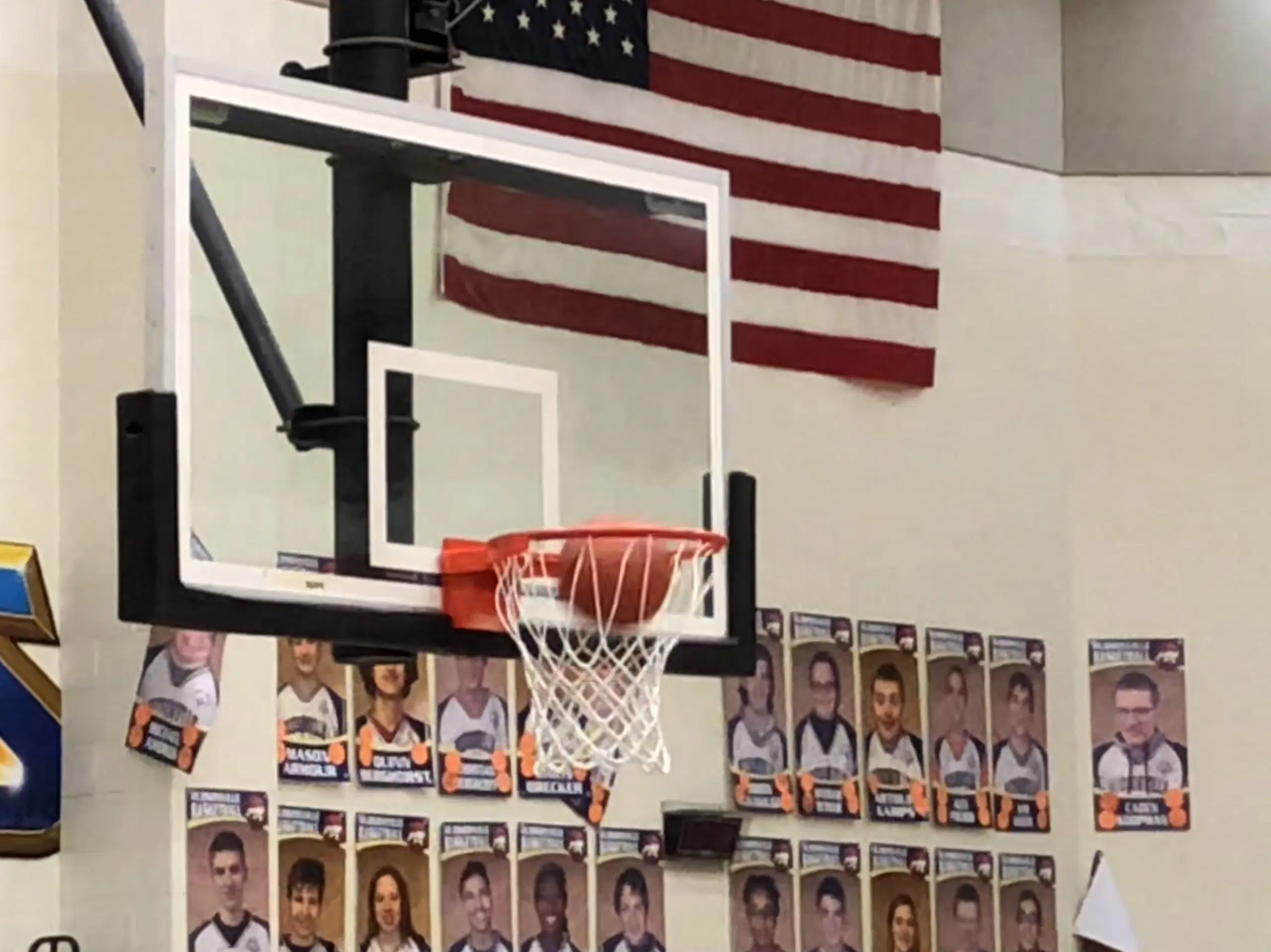PARIS (Reuters) – The man alleged to have slapped French President Emmanuel Macron in the face ran a club for enthusiasts of medieval swordsmanship and had no previous criminal record, sources close to the investigation said on Wednesday.
A police source identified the suspect as 28-year-old Damien Tarel. He is under investigation for assault against a public official, the local prosecutor said.
Macron, who has been on a tour to take the pulse of the country after the pandemic and less than a year before the next presidential election, was hit on Tuesday during a walkabout in southern France as he greeted a small crowd of onlookers.
Tarel, dressed in a khaki T-shirt, then shouted “Down with Macronia” and “Montjoie Saint Denis”, the battle cry of the French army when the country was a monarchy.
A source close to the investigation described him as someone who was “a bit lost, a bit geeky, a bit of a gamer”.
Tarel and a second man were still in police custody on Wednesday, the source added. The charge of assault against a public official carries a maximum sentence of three years in jail and a 45,000 euro fine.
Tarel managed a local club of martial arts enthusiasts focused on the practice of historical European martial arts, including traditional swordsmanship.
Macron said he had not feared for his safety, and continued shaking hands with members of the public after he was struck.
In an interview with the Dauphine Libere newspaper after the incident, Macron said: “You cannot have violence, or hate, either in speech or actions. Otherwise, it’s democracy itself that is threatened.”
Macron has been targetted before by disenchanted citizens. In 2016, when he was economy minister, he was pelted with eggs by hardleft trade unionists over labour reforms and two years later was left shaken after he was heckled by anti-government protesters.
“We can disagree with what President Macron has done. We vote next year and there will be plenty of people voting against him, said Parisian Louis Bernard “but this electoral campaign cannot be based on violence.”
(Reporting by Tangi Salaun and Caroline Pailliez; Writing by Michel Rose; Editing by Richard Lough and Angus MacSwan)






